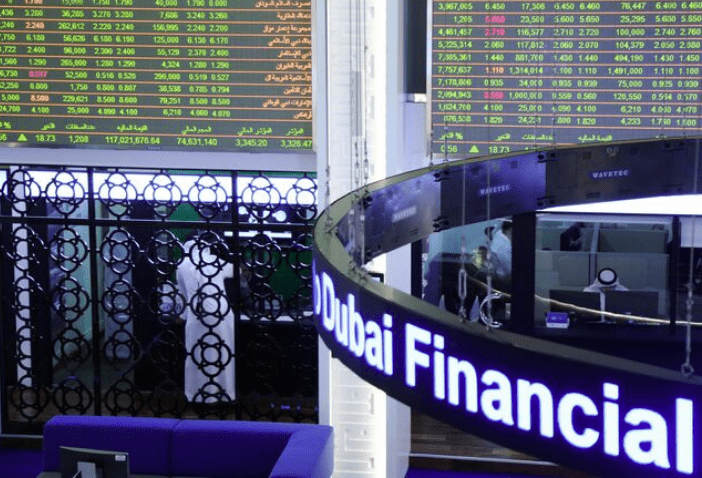Dubai’s capital markets are playing a pivotal role in advancing the Emirate’s ambition of becoming a global top four financial hub, largely driven by foreign investor activity, according to a new report published by HSBC in the UAE.
The report titled, ‘Strategy to Scale: Dubai’s Blueprint for Capital Market Growth’, unveiled at the Capital Market Summit 2025, hosted by Dubai Financial Market (DFM), outlines how the fast-moving internationalisation of its equity and debt capital markets combined with an expansive structural reform agenda, are bringing Dubai closer to its goal of being recognised among the world’s top financial hubs, parallel to the goals outlined under its D33 economic vision.
Mohamed Al Marzooqi, CEO, UAE, HSBC Bank Middle East said, “The sheer pace of change driving Dubai’s capital markets growth requires consistent and clear guidance for new investors, particularly as an accelerating influx of institutional capital from right across the investment spectrum seeks to navigate and harness the region’s dynamic opportunities,” he was quoted as saying by Arabian Business.
Between 2016 to 2024, the DFM provided investors with higher returns than the broader MSCI EM Index, achieving a 4.9 per cent annualised US dollar return compared to 2.8 per cent for the broader emerging markets index.
Foreign investors accounted for half of all trading on the DFM at the end of 2024 and represented 85 percent of all investors that registered with DFM in 2024, reflecting Dubai’s international appeal, added the report.
In 2024, the number of wealth and asset managers operating in Dubai International Financial Centre (DIFC) rose 16 percent year-on-year to 410, including 75 hedge funds of which 48 have more than $1billion under management, underscoring the changing shape of international investors, added the report.
According to Dubai’s Department of Economy and Tourism’s (DET) FDI Monitor, venture-capital-backed FDI surged by 39% in 2024, a strong indicator of international investor confidence and Dubai’s maturing innovation infrastructure.
Dubai was also ranked in the top five cities for fintech in the latest edition of recent Global Financial Centre Index (GFCI) rankings.
In 2024, Dubai accounted for 2.2 percent of global IPO volumes.
According to the report, Dubai’s debt capital markets are not only flourishing for its own credit universe, but for the world’s, underpinned by an expanding DCM universe of local and international issuers.
With one of the most developed debt capital markets in the MENA region, Nasdaq Dubai’s growth as a global listing venue is encouraging more international issuers to bring deals to the Middle East, especially from Asia.
Chinese corporations are increasingly turning to Dubai, with over $22 billion in debt on the exchange at the end of 2024.
The past year also saw the value of outstanding Sukuk listed across Nasdaq Dubai and DFM reach $97.8 billion. Sukuk issuance across all currencies rose 42 percent year-on-year to $4.71 billion in Q1 2025, accounting for 76 percent of all debt capital market activity on Nasdaq Dubai during the period.
Dubai’s attractiveness as a listing destination is underscored by the fact that non-UAE fixed income issuers accounted for a full 45 percent of fixed income listings outstanding on the exchange in 2024, added the report.


